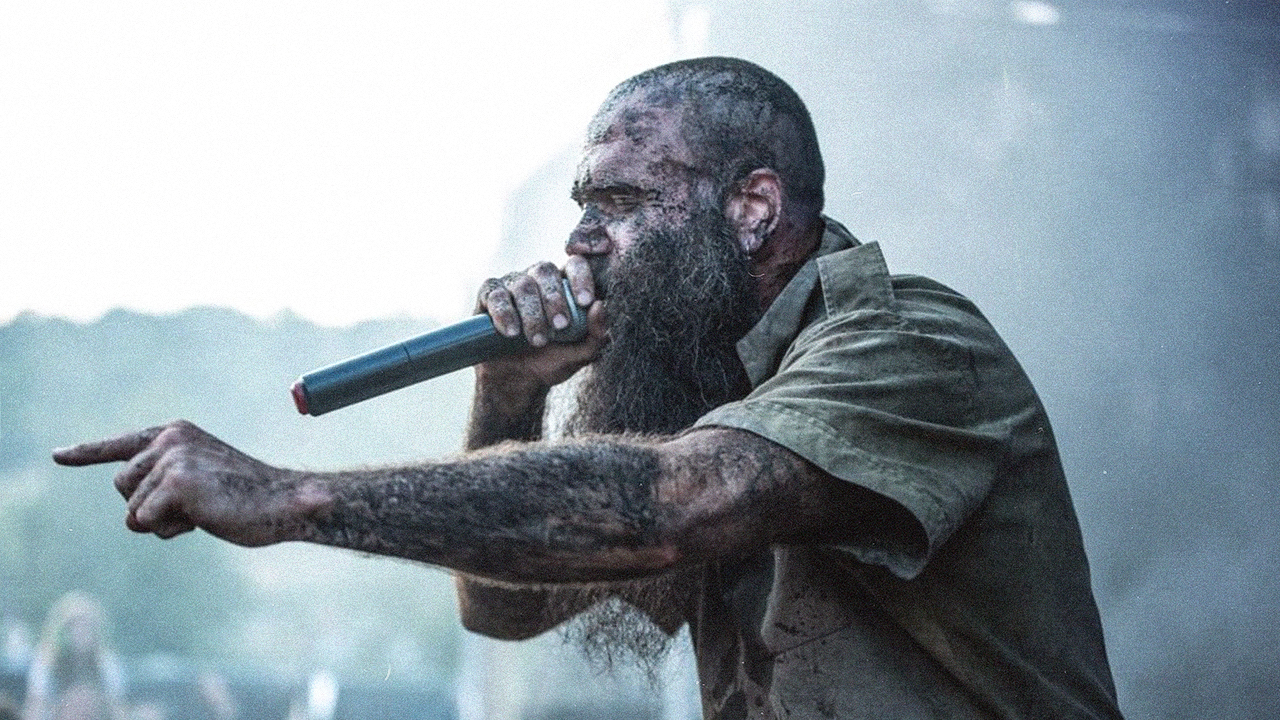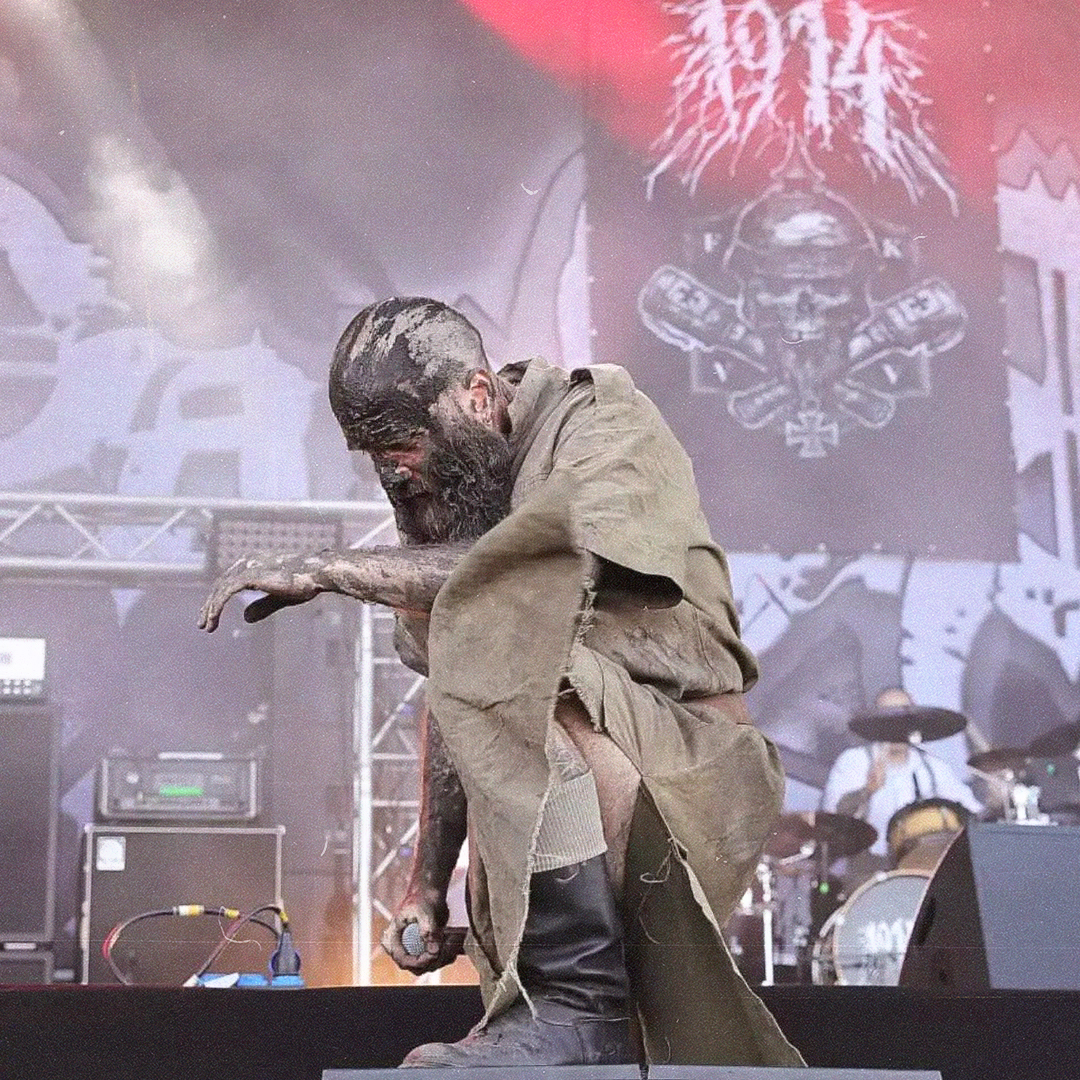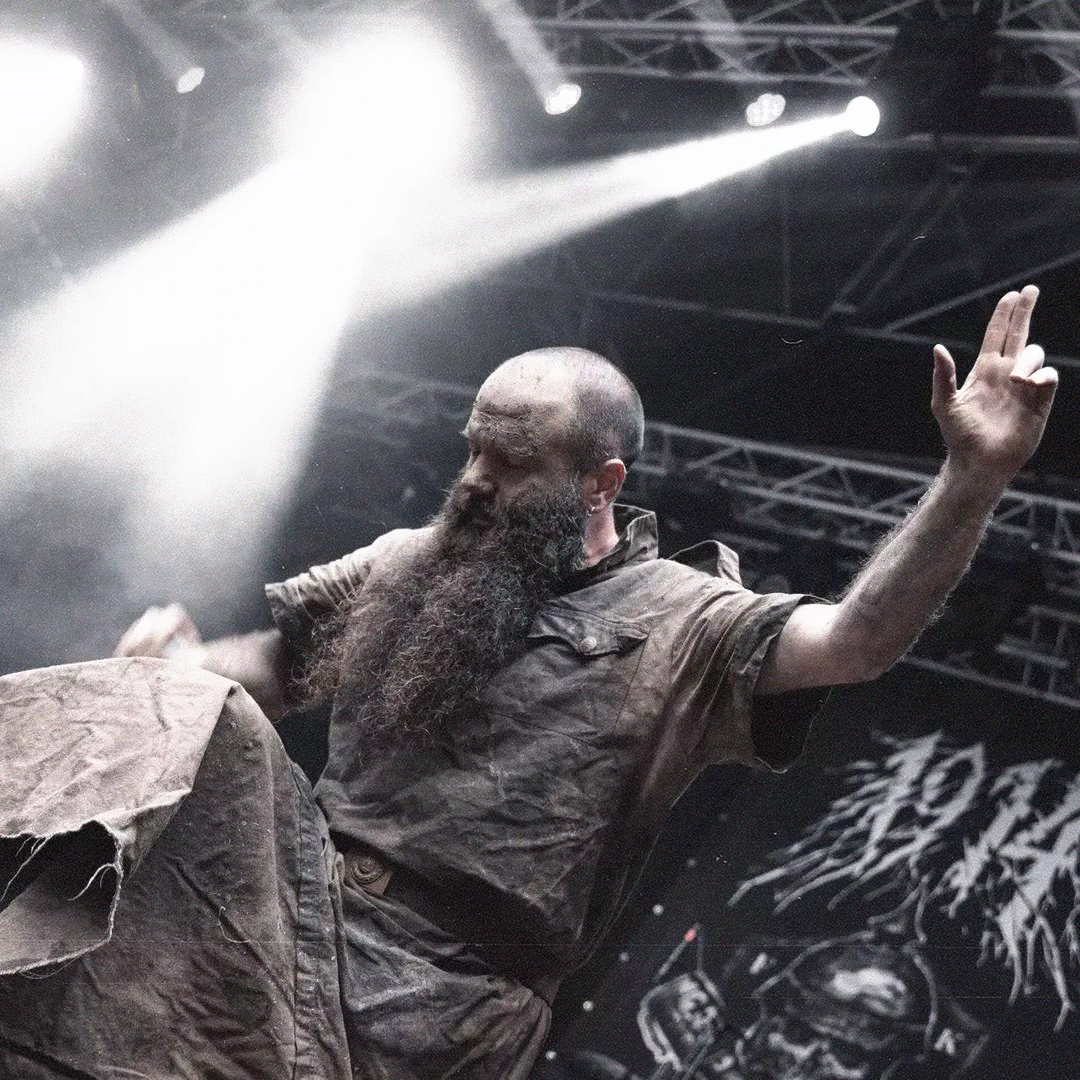1914 is a blackened death metal band from Lviv, founded by Dmytro Kumar in 2014. The entire work of 1914 is strictly military-related: it is an artistic reinterpretation of war, glorification of its various manifestations, and immersion in its atmosphere to understand the consequences.
In their songs, 1914 uses samples of the sounds of the “great war”: excerpts from the speeches of military leaders, the hum of airships, gunshots, explosions, and airstrikes. At the performances, the musicians are dressed in military uniforms from the First World War, show footage from the chronicles, and even use a rifle instead of a microphone stand.
Anaid Agadzhanova spoke with Dmytro Kumar about the war as a source of knowledge, asking whether his attitude towards his previous work has changed, how the band’s performances in the context of the war are perceived in various European countries, and why making music and giving concerts are a critical need for Dmytro.







